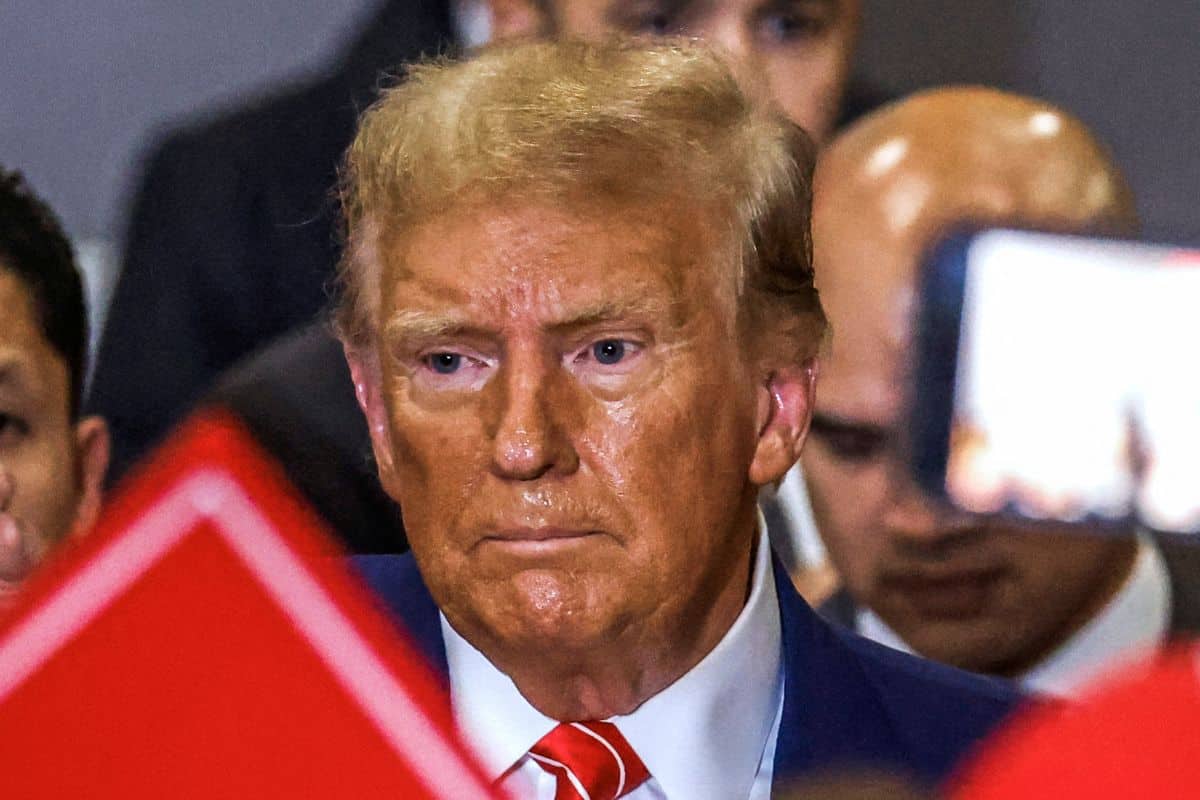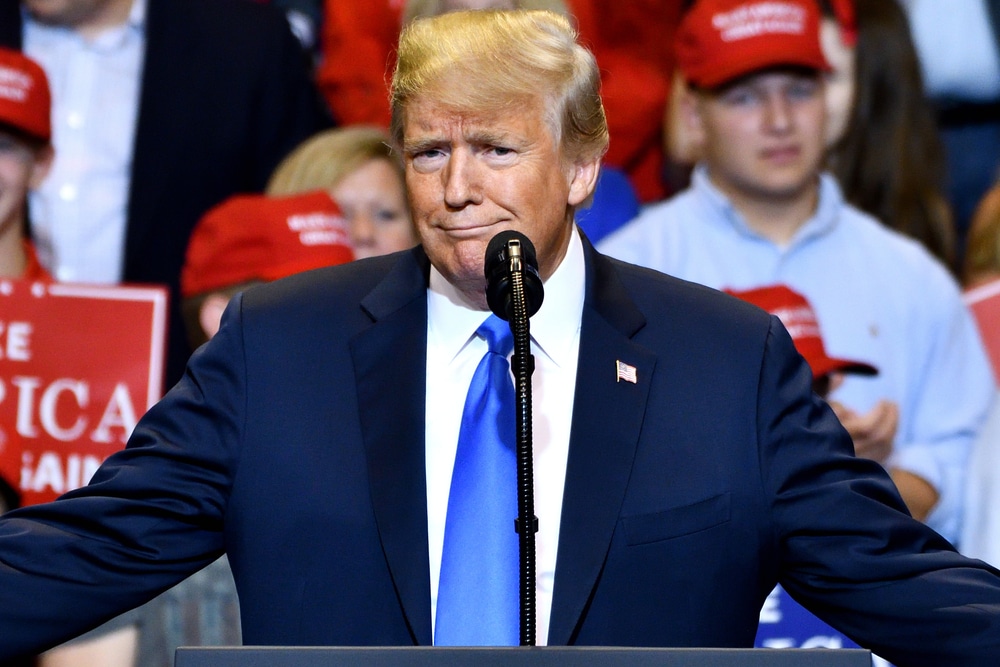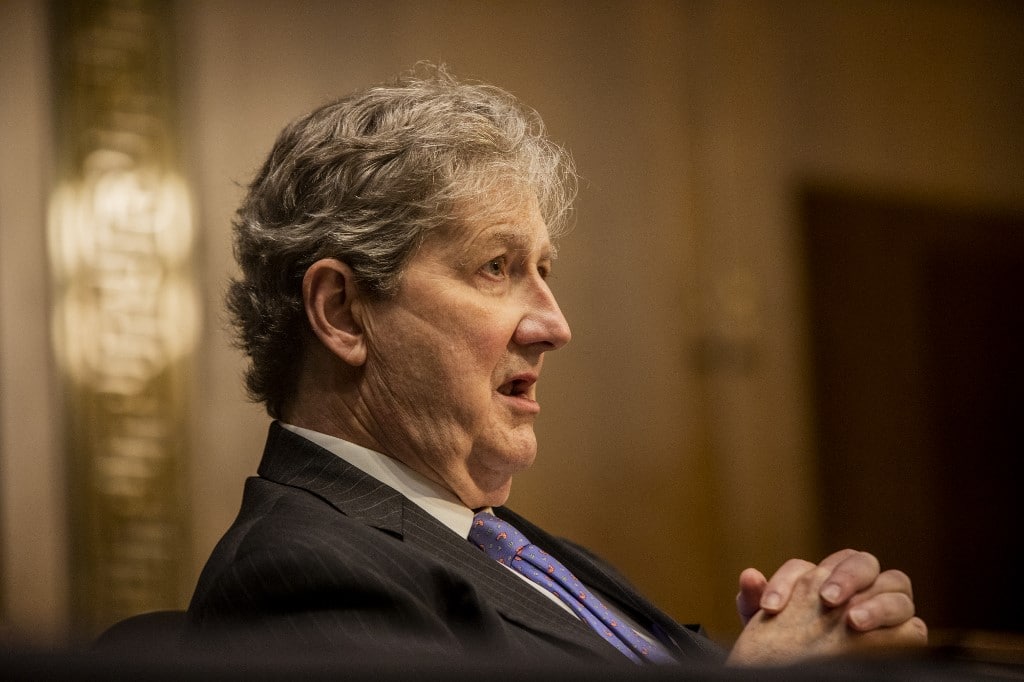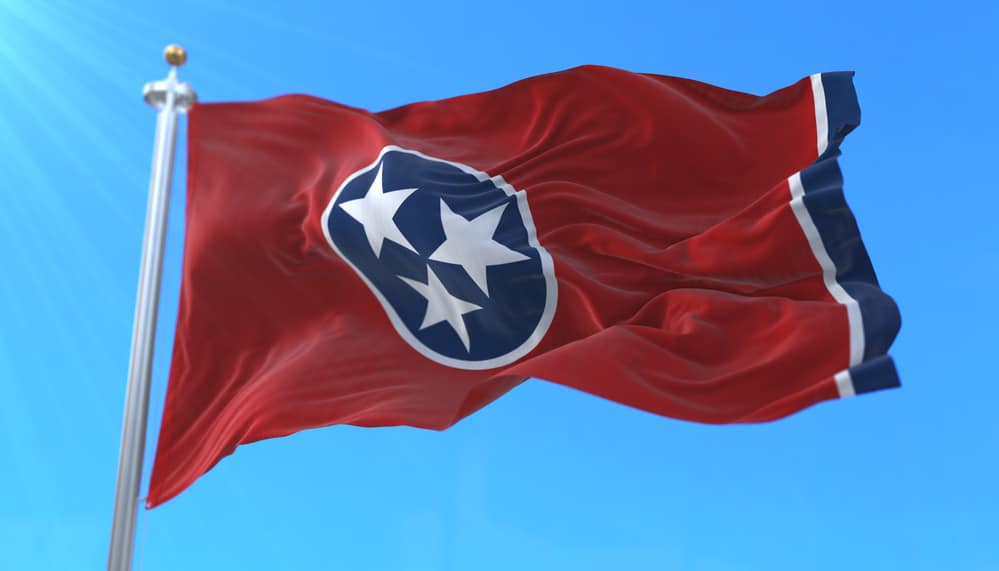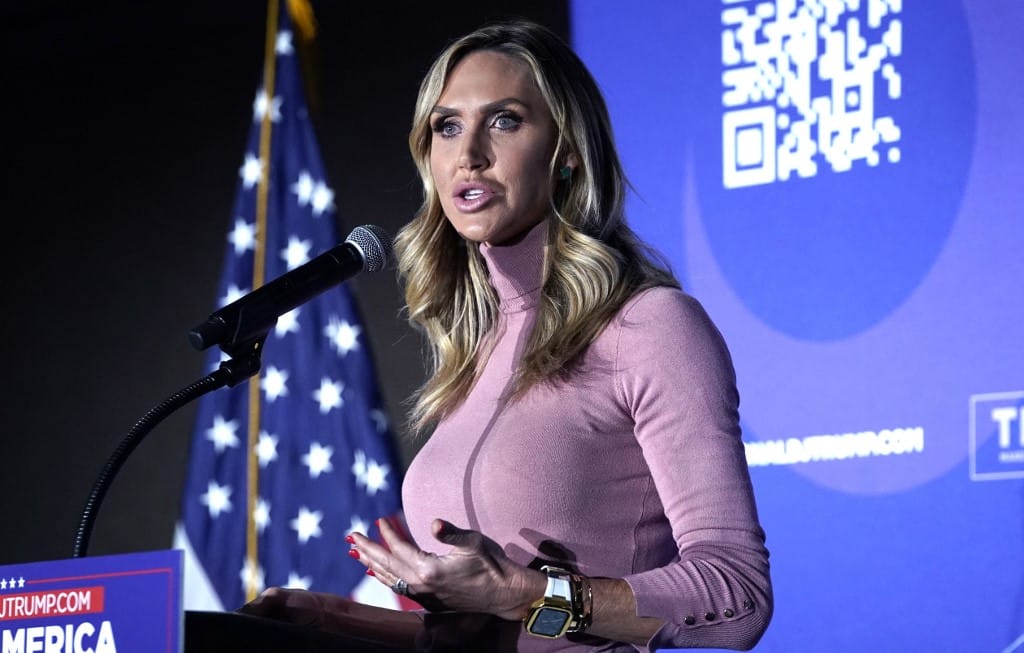Back when Jill Habig worked just a door away from Kamala Harris in California, Barack Obama was leading the nation, abortion rights were firmly rooted in the Constitution, and January 6th hadn’t yet gained its notorious significance. Times have changed considerably since, as David Smith reported in his piece for the Guardian.
Disqualifying Trump
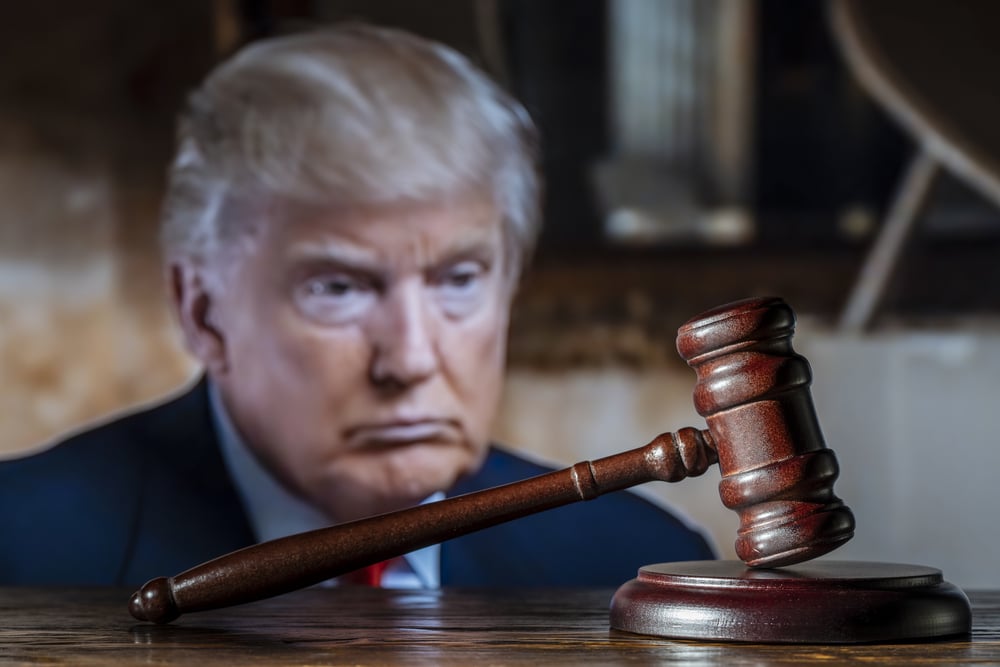
This Thursday, Habig, in her current role as president of the Public Rights Project (PRP), aims to convince the Supreme Court that Donald Trump played the role of an insurrectionist, warranting his disqualification from the 2024 presidential race.
A Clever Challenge
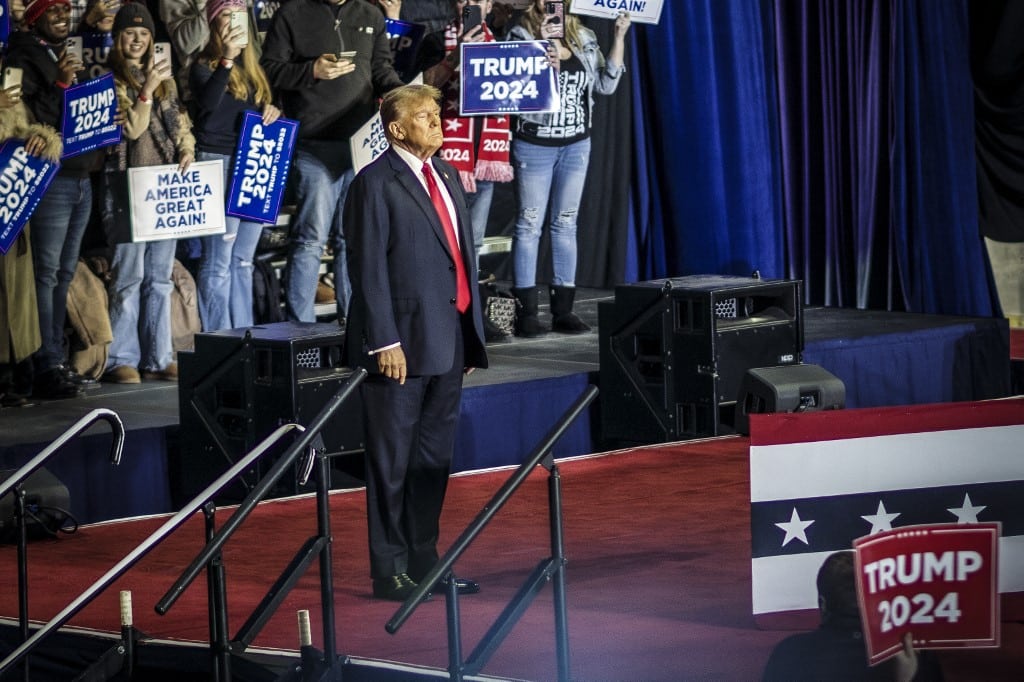
Habig has submitted an amicus brief on behalf of historians, arguing that the 14th Amendment’s section 3, which prohibits individuals who have participated in insurrections from holding public office, applies to Trump’s involvement in the January 6, 2021, Capitol attack.
Challenging Originalists

The brief cleverly challenges the Supreme Court’s originalists – justices Clarence Thomas, Neil Gorsuch, Brett Kavanaugh, Amy Coney Barrett, and the ‘practical originalist’ Samuel Alito – by using their own interpretive methods against them.
Historical Lens
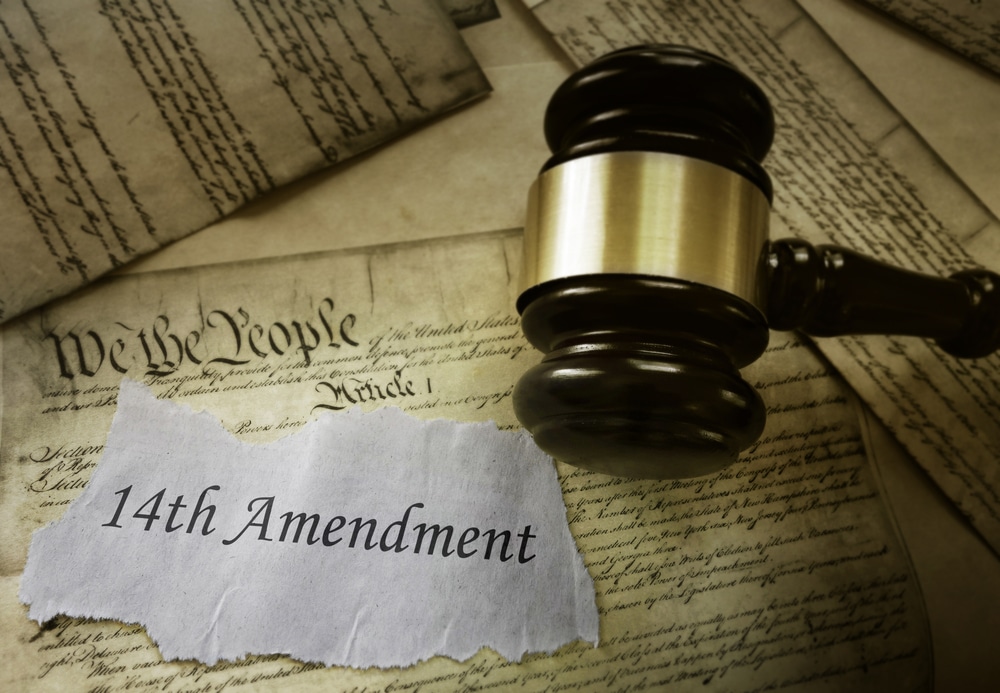
“Our goal was to bring an originalist historical perspective to the Supreme Court as it considered the meaning of section 3 of the 14th amendment,” explained Habig, who previously served as special counsel to then-California Attorney General Harris.
Automatic Disqualification?
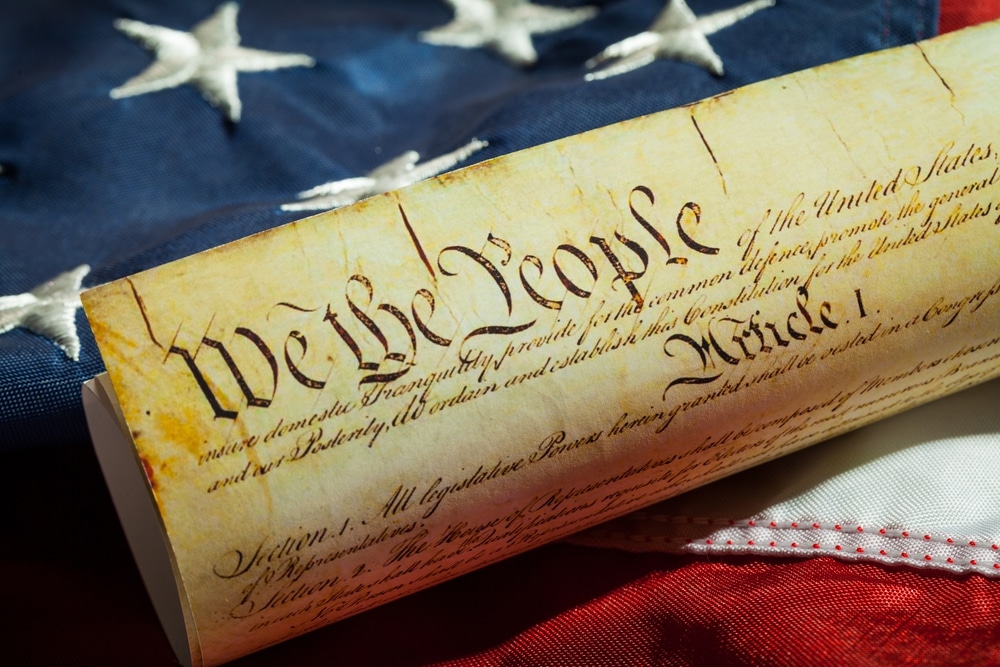
Speaking from Oakland to David Smith via phone, Habig emphasized, “The point we make with our historian colleagues is that the history of section 3 is actually very clear. It demonstrates that section 3 was intended to automatically disqualify insurrectionists.”
Rebelling Against History

The amicus brief, spearheaded by historians Jill Lepore from Harvard and David Blight from Yale, references historical debates where senators explicitly stated that this provision would extend beyond former Confederates to leaders of future rebellions.
Betrayal of Oath
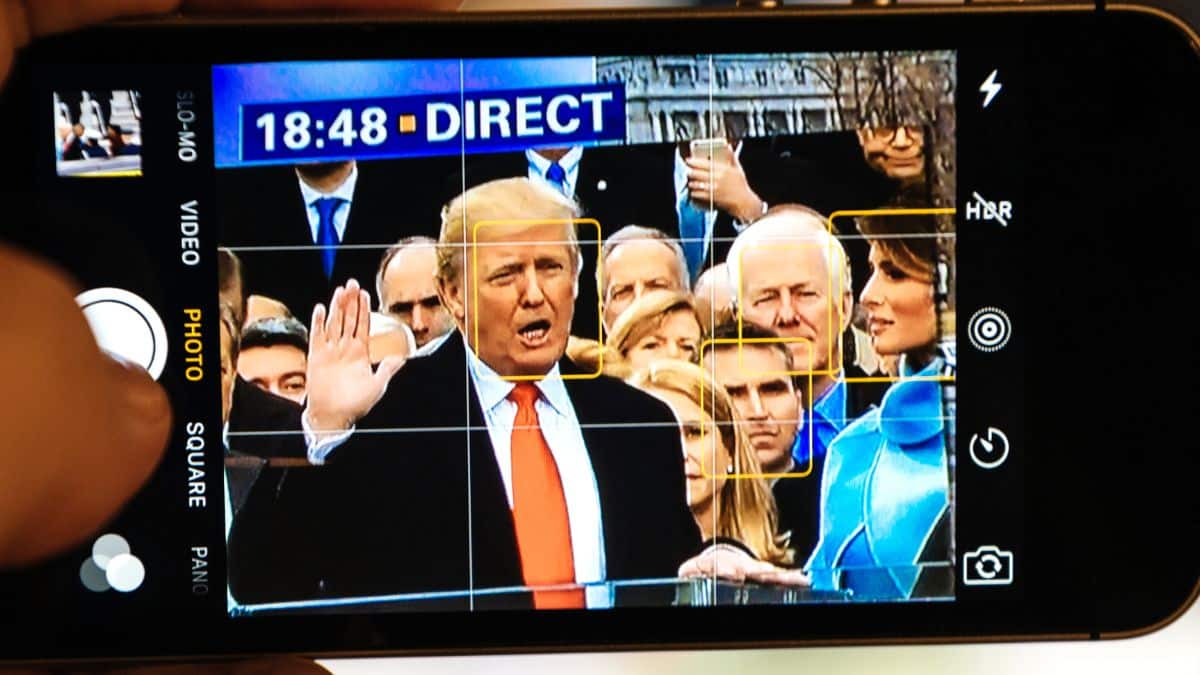
Habig further told Smith from the Guardian, “It was intended to apply not only to the Civil War but also to future insurrections, and it bars anyone who has betrayed an oath to uphold the Constitution from becoming president of the United States.”
Ballot Status in Limbo
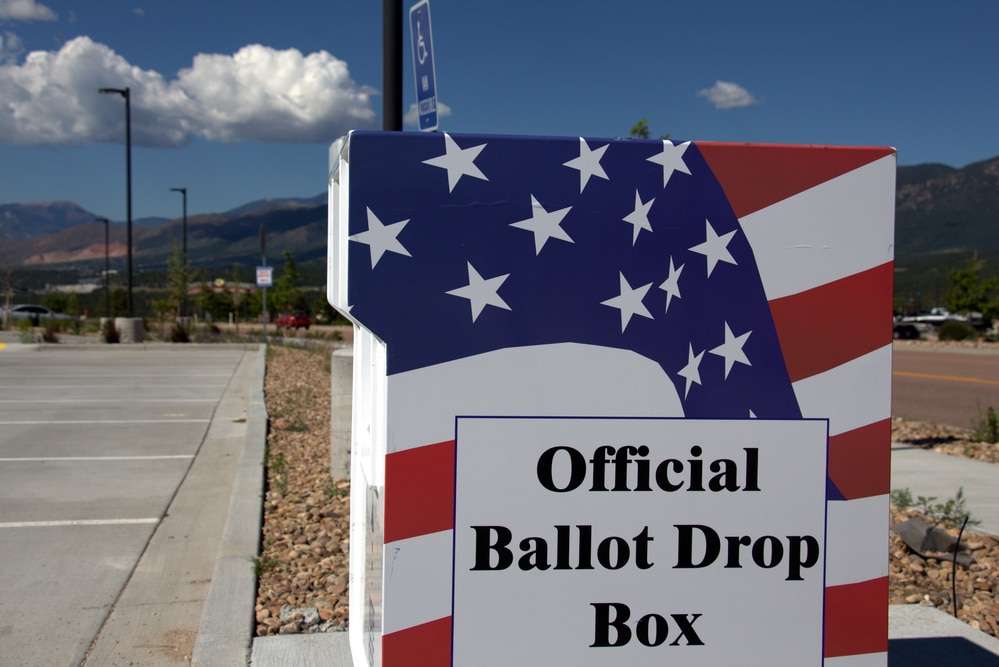
The Supreme Court is reviewing a Colorado case where Trump was removed from the ballot, while a Maine decision is pending. With some states opting to keep Trump on the ballot, a debate is ongoing about the validity of labeling him an insurrectionist without a formal court conviction, a status he hasn’t yet achieved.
Can Trump Be Barred?
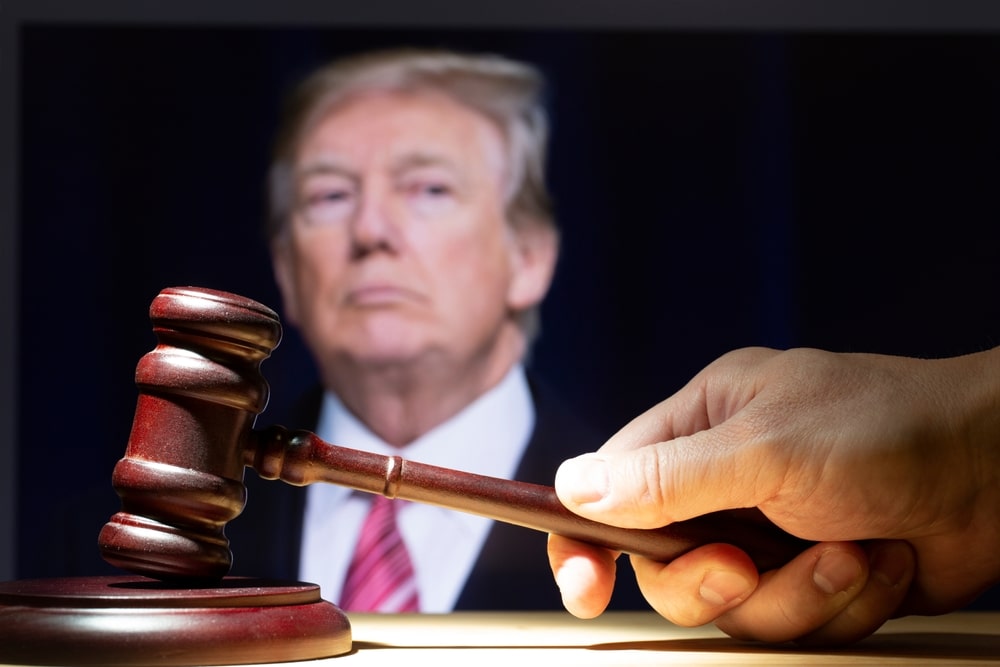
The critical question is whether Donald Trump, currently leading the race for the Republican presidential nomination, can be barred from the ballot due to his involvement in the January 6, 2021, Capitol attacks.
A National Trend
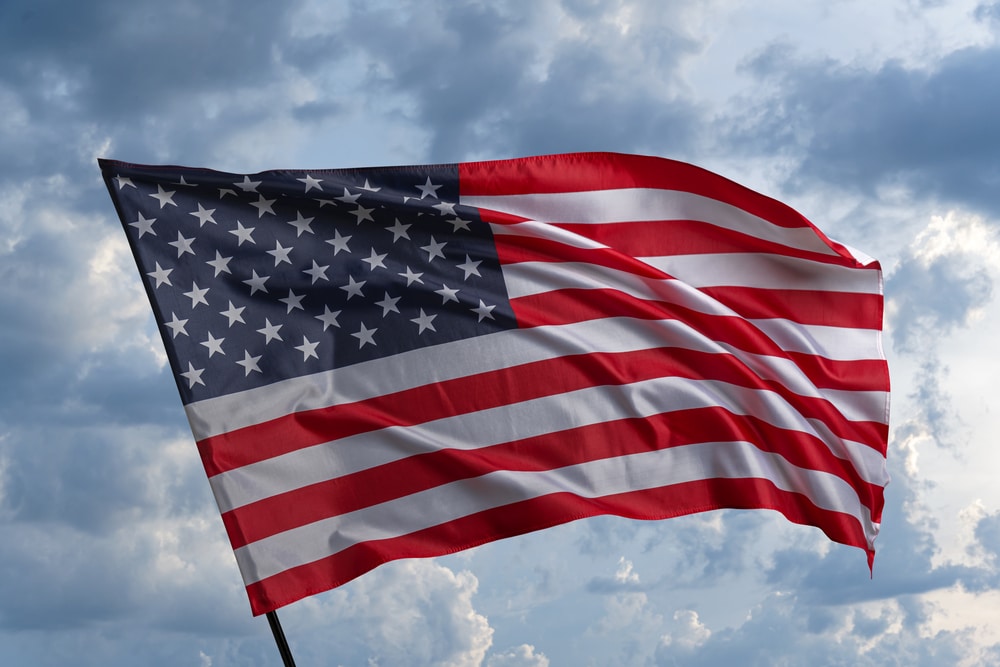
Following Maine’s Secretary of State’s decision to remove Trump from the primary ballot in December, similar challenges to his eligibility are active in 11 other states. Trump argues that these attempts to exclude him from the ballot could disenfranchise millions of Americans and trigger widespread chaos.
No Formal Conviction Needed?
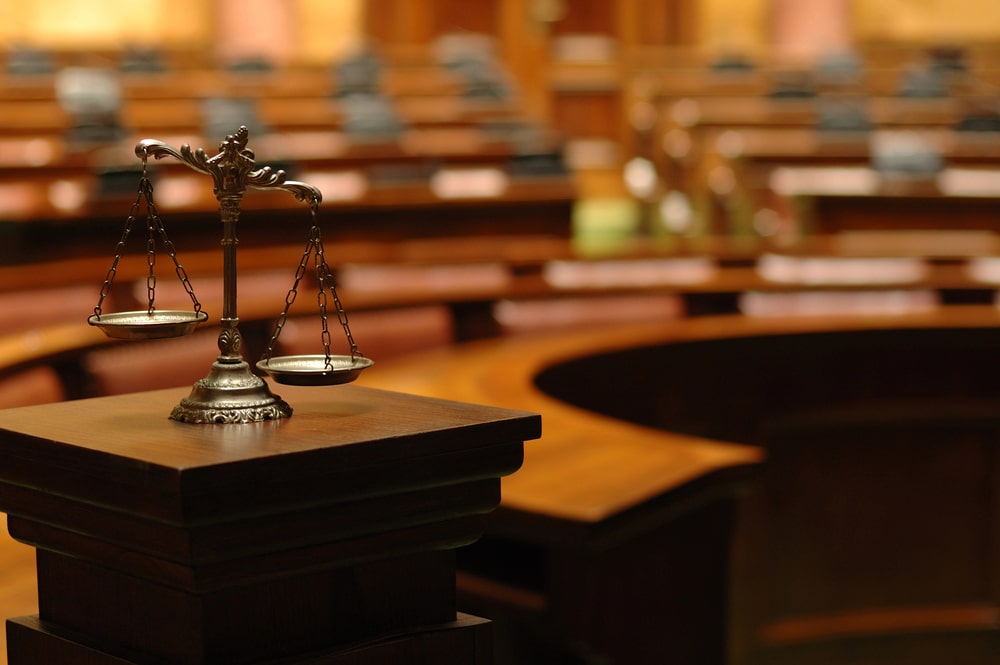
Jill Habig, who founded the Public Rights Project in 2017, firmly believes in the historical self-executing nature of the 14th Amendment’s section 3, emphasizing that a formal conviction or charges was not necessary.
Self-Executing Law
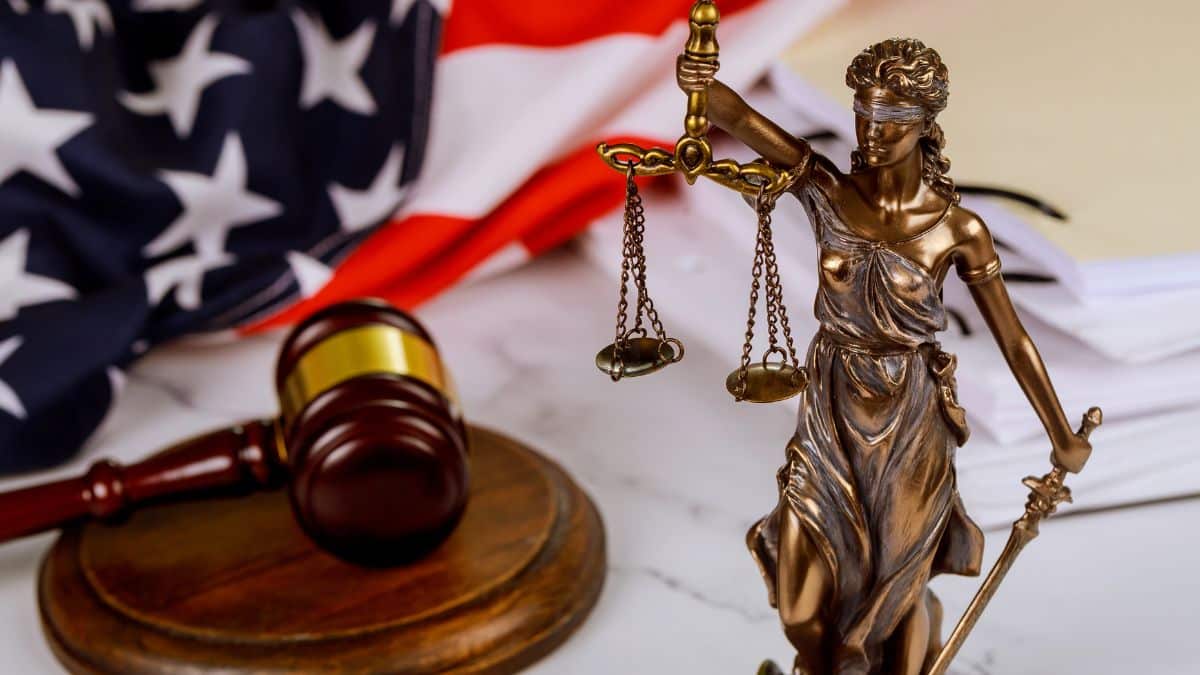
Habig notes that the amicus brief presents a number of instances where individuals involved with the Confederacy sought congressional exemptions, highlighting the amendment’s intended automatic enforcement.
“There’s a lot of evidence that it was self-executing. There was no need for a particular conviction,” she argues.
Unmistakable Evidence
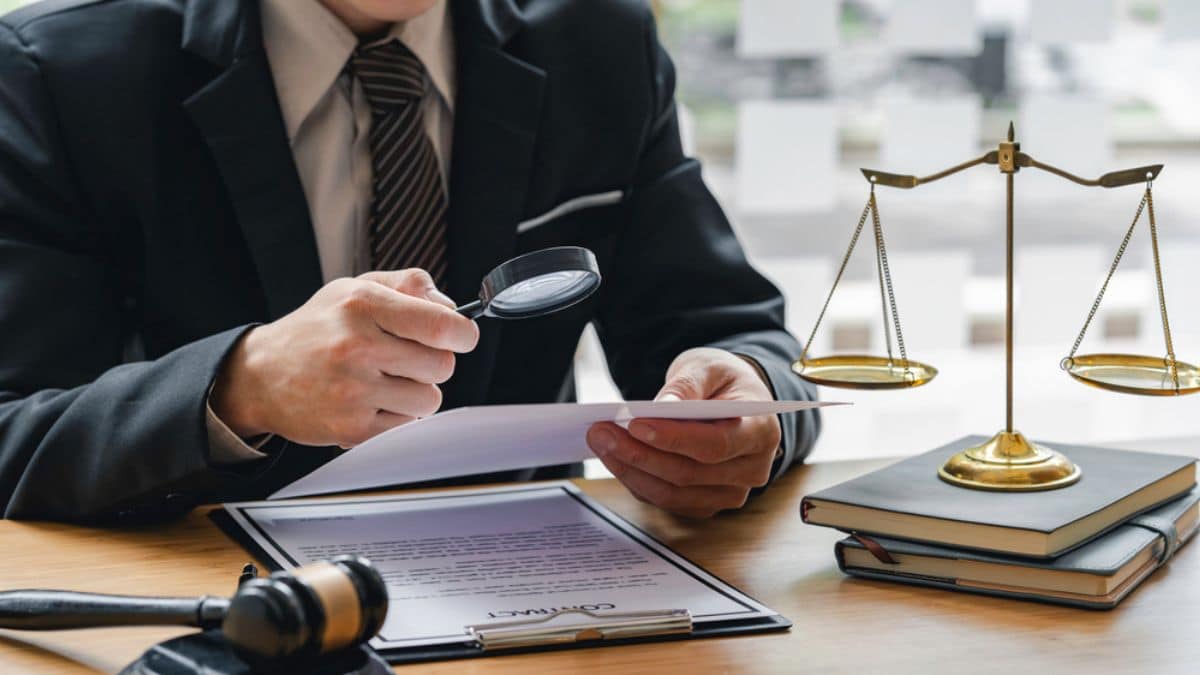
Habig added another compelling point, “The evidence that we have seen and heard and watched with our own eyes over the last few years has made it quite clear that President Trump lost an election in 2020 and has spent the months and years since then trying to overturn the results of that election in a variety of ways, including people marching to the Capitol and invading the Capitol.”
“It’s difficult to argue with a straight face that these activities don’t qualify for section 3.”
Challenging Trump

Despite warnings from various political factions about the potential political backlash of invoking the 14th amendment, Habig countered:
“It’s important to note that the American people did decide in 2020. We had a political process, and then we had a president of the United States who attempted to overturn that political process. ”
Democracy Under Threat

Habig placed the January 6 incident within a broader context of ongoing threats to election officials and democratic integrity, directly linking it to Trump’s persistent false claims. “Regardless of this particular case, the threat isn’t over. It’s actually intensifying,” she asserts.
A 2024 Focus

She continued, “We’re just seeing an array of efforts to rig the rules of the game against our democracy, and it’s part of why we’re investing a lot of resources into protecting election officials this cycle and to litigating and advancing voting rights and free and fair elections this year.”
Voting Rights Act Aftermath

Habig also reflected on a critical shift in American democracy following the Supreme Court’s 2013 decision in the Voting Rights Act case, leading to increased gerrymandering and voter suppression.
A Fight for Fair Representation
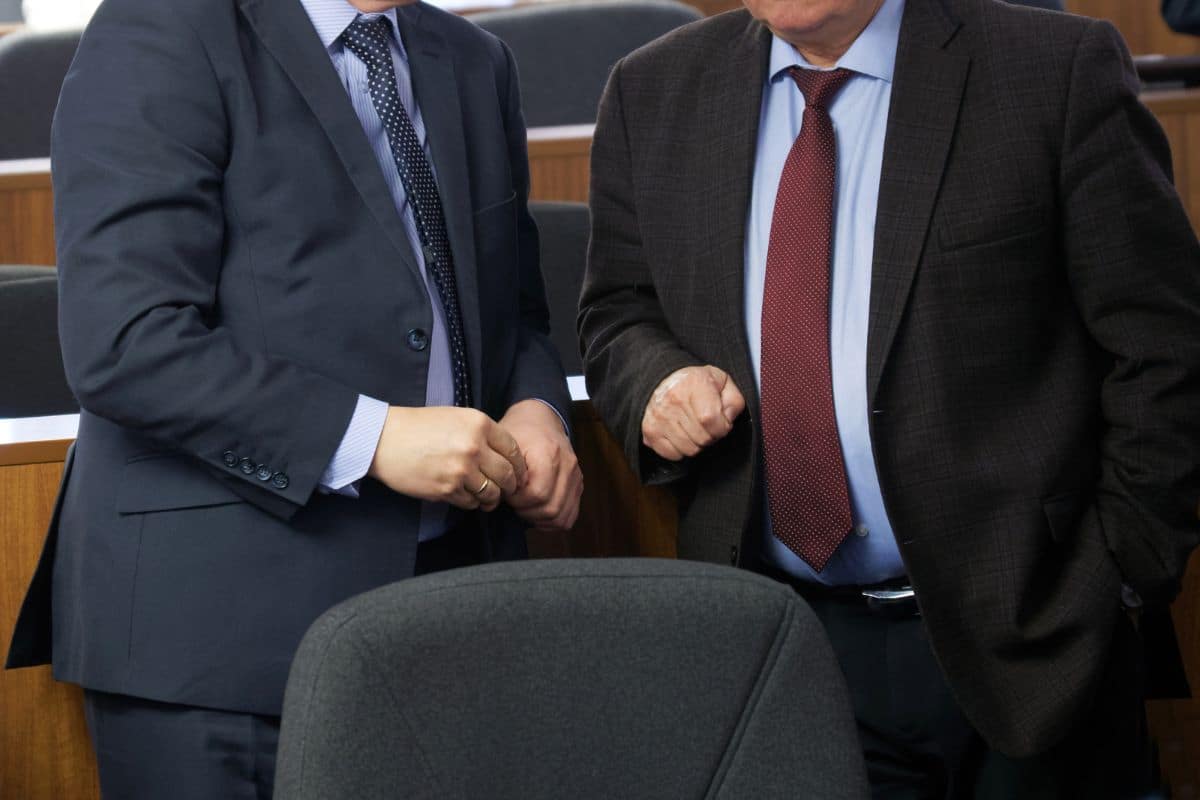
“The gutting of the Voting Rights Act by the Supreme Court left states to themselves to rewrite the rules of the game in a variety of ways that disenfranchised voters and continued to rig maps against their systems and fair representation,” she argued.
Multi-Faceted Strategy
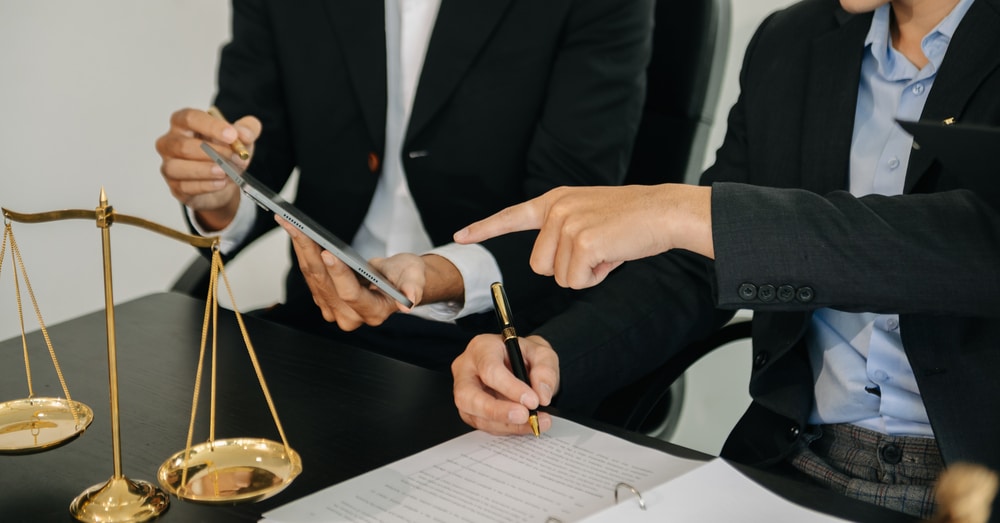
The PRP, under Habig’s guidance, is bolstering civil rights defense at state and local levels in reaction to the Supreme Court’s retreat on rights such as abortion.
They’re forming a legal aid hub for 200 election officials to counter harassment and election deniers, tackling gerrymandering, and fighting for abortion rights.
A Warning to America

Habig warns of widespread, subtle threats to democracy, particularly in smaller, vulnerable jurisdictions. She emphasizes the interconnected battles for democracy and reproductive rights, which are crucial for the upcoming November election.
Read Next: What Really Causes Donald Trump’s Skin to be So Orange
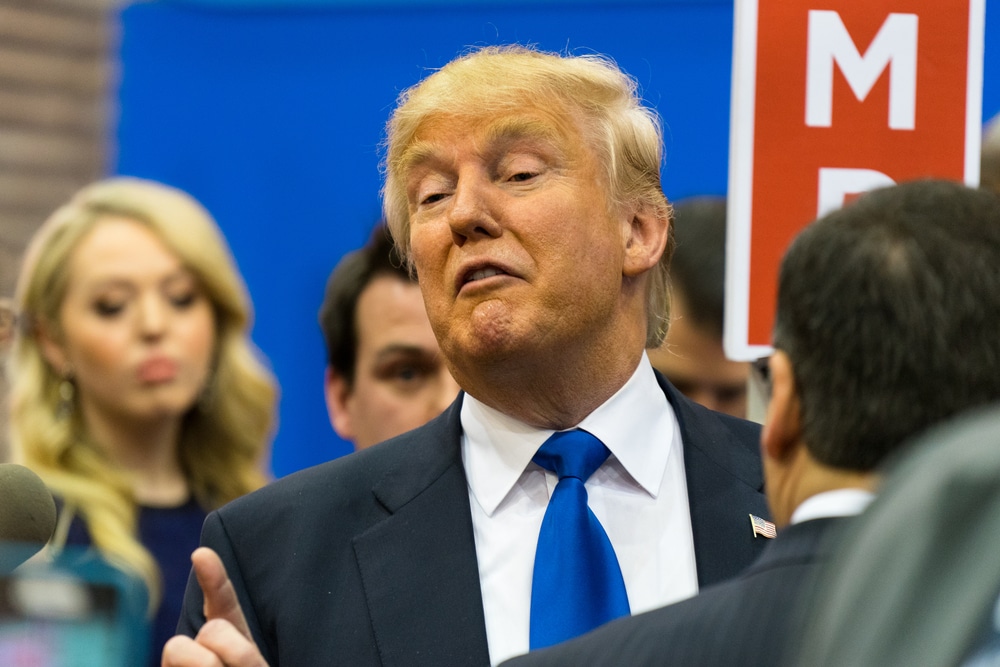
Former President Donald Trump’s distinctive orange skin has captivated attention, sparking curiosity about its evolution from average pale over the years:
What Really Causes Donald Trump’s Skin to be So Orange
21 of the Biggest Lies in American History
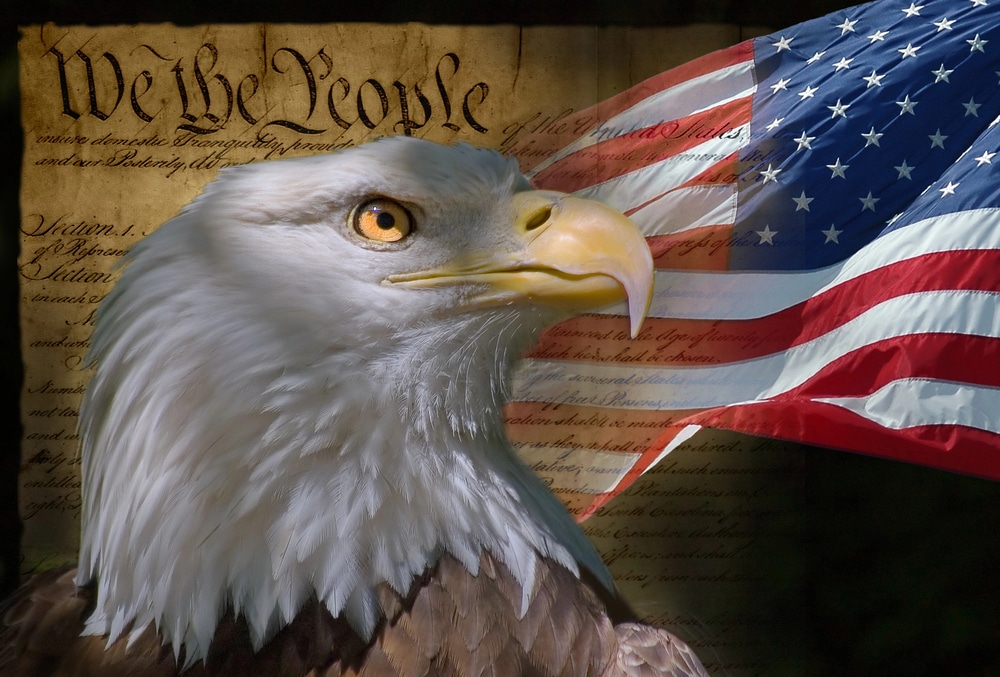
Dive into the shadows of American history as we explore 21 of its biggest lies that have left an indelible mark on the nation’s narrative:
21 of the Biggest Lies in American History
32 Things We Once Highly Respected but Are a Complete Joke Now

Discover the amusing downfall of once-respected entities in our changing world:
32 Things We Once Highly Respected but Are a Complete Joke Now
23 of Donald Trump’s Most Hilarious Moments as President
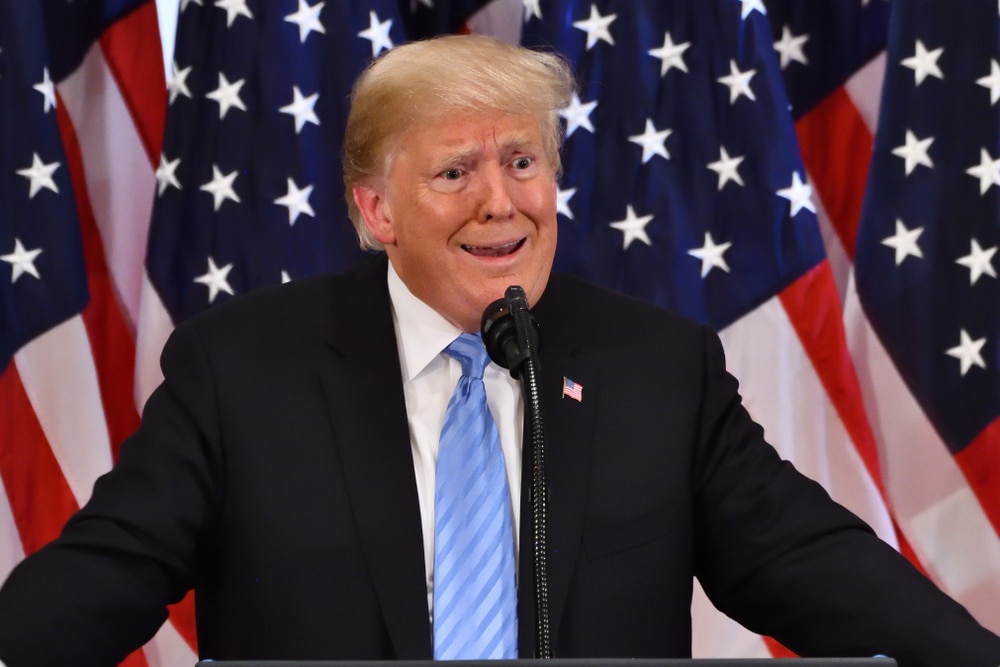
Explore the lighter side of Donald Trump’s presidency with 23 hilariously memorable moments that left the nation in stitches:
23 of Donald Trump’s Most Hilarious Moments as President
27 Things MAGA Movement Ruined Forever for People
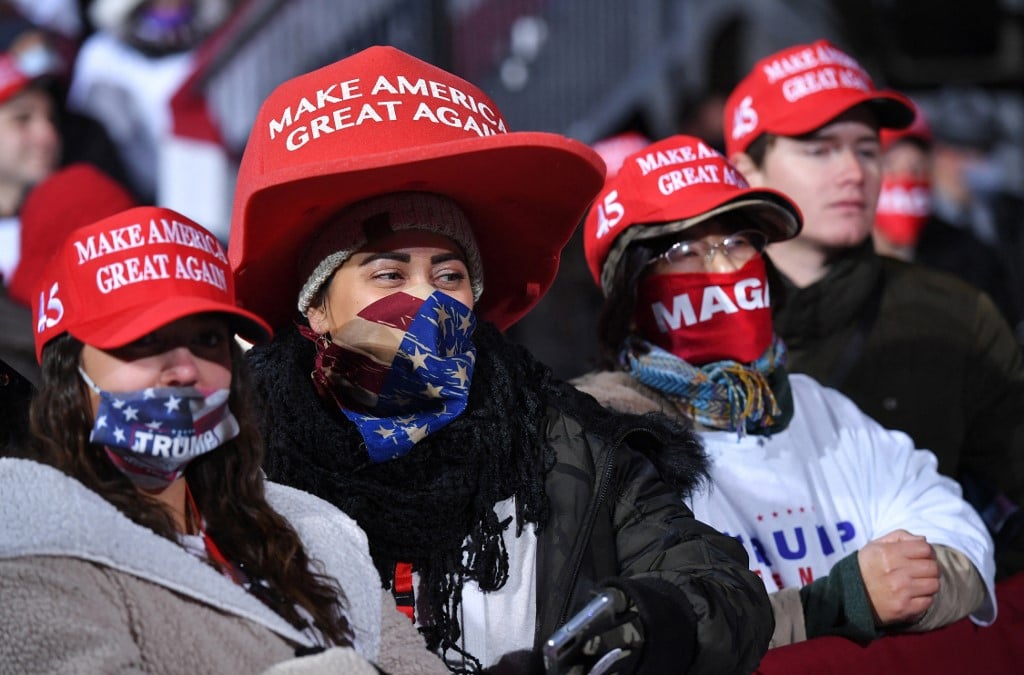
How the MAGA movement left its mark on individuals and disrupted certain aspects of our everyday life forever:






